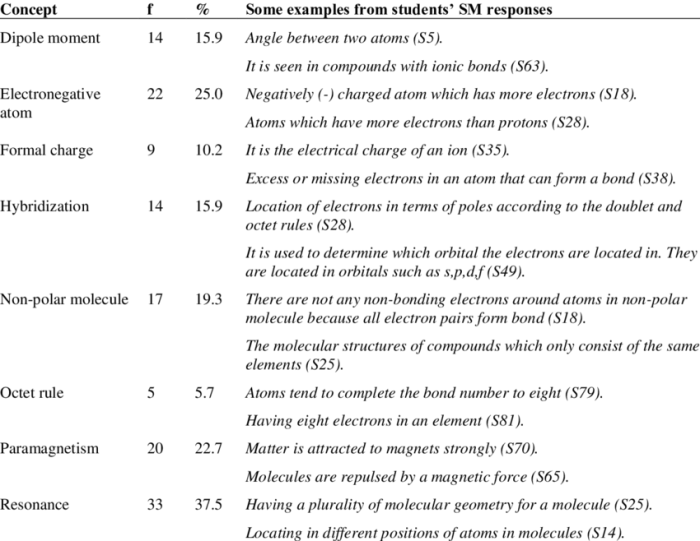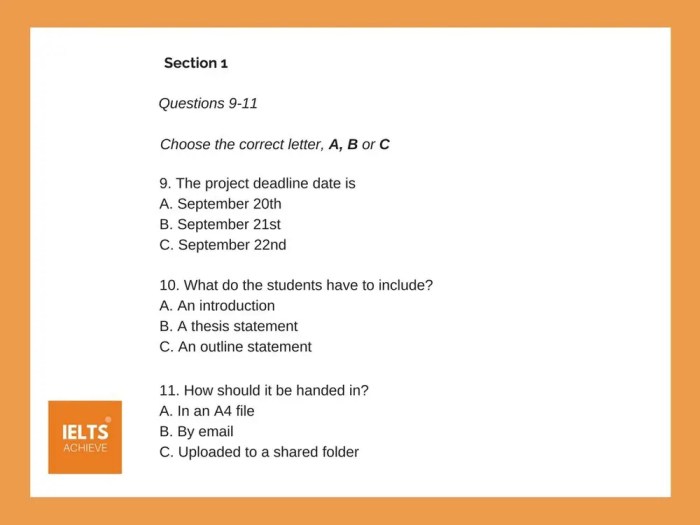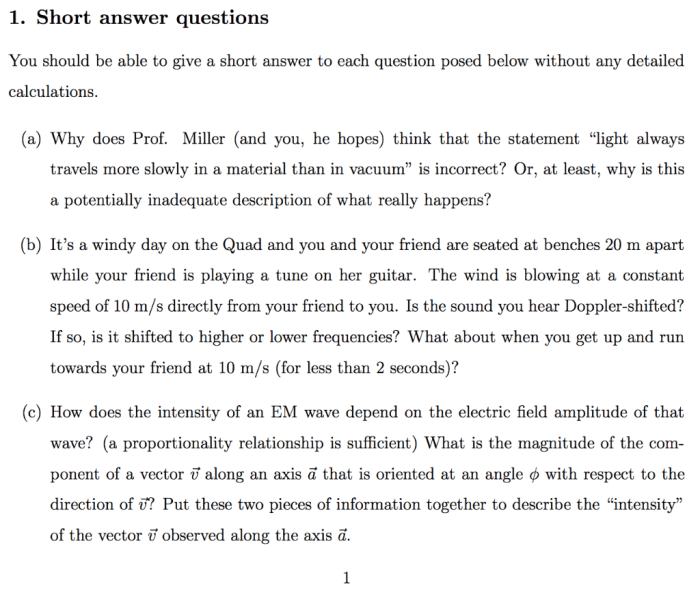UMD short answer questions examples offer a valuable resource for students seeking to excel in their academic endeavors. These questions, designed to assess students’ understanding of key concepts, play a crucial role in the learning process.
Understanding the different types of short answer questions, developing effective strategies for answering them, and practicing with real-world examples are essential components of success in UMD coursework.
Introduction

Short answer questions (SAQs) are a common assessment format used in University of Maryland (UMD) courses. SAQs require students to provide concise, written answers to specific questions within a limited time frame. They are designed to test students’ understanding of key concepts, theories, and principles covered in the course.
SAQs play a crucial role in UMD’s academic evaluation system. They allow instructors to assess students’ knowledge and critical thinking skills, as well as their ability to communicate their ideas effectively. By answering SAQs, students demonstrate their comprehension of the course material and their ability to apply their knowledge to new situations.
Importance of SAQs for UMD Students
SAQs offer several benefits for UMD students:
- Improved Understanding:By answering SAQs, students are forced to recall and synthesize information, which strengthens their understanding of the course material.
- Enhanced Critical Thinking:SAQs require students to analyze information, formulate arguments, and present their ideas clearly. This process develops their critical thinking skills and improves their ability to solve problems.
- Effective Communication:SAQs provide students with an opportunity to practice writing concise and well-organized answers. This improves their communication skills and prepares them for professional writing tasks.
- Assessment Preparation:SAQs are often used as a preparation tool for larger assessments, such as exams and papers. By practicing answering SAQs, students can identify areas where they need additional support and focus their studies accordingly.
Types of Short Answer Questions

At the University of Maryland (UMD), short answer questions are designed to assess students’ comprehension, critical thinking, and ability to articulate their knowledge concisely.
There are several types of short answer questions used at UMD, each with its own purpose and format.
Definition Questions
Definition questions require students to provide a clear and concise definition of a term or concept.
Example:Define the term “entropy.”
Explanation Questions
Explanation questions ask students to explain a process, theory, or concept in their own words.
Example:Explain the process of photosynthesis.
Application Questions
Application questions require students to apply their knowledge to a specific situation or problem.
Example:Apply the principles of supply and demand to explain the rise in gasoline prices.
Comparison Questions, Umd short answer questions examples
Comparison questions ask students to compare and contrast two or more concepts, theories, or events.
Example:Compare and contrast the American and French Revolutions.
Evaluation Questions
Evaluation questions require students to evaluate the strengths and weaknesses of a particular argument, theory, or policy.
Example:Evaluate the effectiveness of the Affordable Care Act.
Tips for Answering Short Answer Questions: Umd Short Answer Questions Examples

Answering short answer questions effectively requires a systematic approach and specific strategies tailored to different question types. Here are some general guidelines and specific tips to enhance your performance.
General Approach
When answering short answer questions, it is crucial to:
- Read the question carefully and identify the key concepts being asked.
- Organize your thoughts and plan your response before writing.
- Write concisely and clearly, using specific and relevant information.
- Proofread your answer to ensure accuracy and completeness.
Specific Strategies
Different types of short answer questions require different strategies:
Definition Questions
Provide a precise and concise definition of the term or concept.
Example Questions
Give an example that illustrates the concept or phenomenon being asked about.
Explanation Questions
Explain the concept or phenomenon in detail, providing clear and logical reasoning.
Comparison Questions
Compare and contrast two or more concepts or phenomena, highlighting similarities and differences.
Application Questions
Apply the concept or phenomenon to a specific situation or problem, providing a practical solution.
Practice Questions

To enhance your understanding of short answer questions, consider the following practice questions and attempt to answer them. Refer to the answer key provided for self-assessment.
Instructions:Read each question carefully and provide a concise and accurate answer within the word limit specified.
Practice Questions and Answer Key
- Question:Explain the concept of homeostasis in biological systems. (50 words)
Answer:Homeostasis refers to the maintenance of a stable internal environment within an organism, despite external changes. It involves the regulation of various physiological parameters, such as body temperature, pH, and blood glucose levels, to ensure optimal functioning.
- Question:Describe the key features of classical conditioning. (60 words)
Answer:Classical conditioning is a type of associative learning where an initially neutral stimulus becomes associated with a meaningful stimulus, leading to a conditioned response. It involves the pairing of an unconditioned stimulus (e.g.,
food) with a neutral stimulus (e.g., a bell), resulting in the neutral stimulus (now conditioned stimulus) eliciting the conditioned response (e.g., salivation).
- Question:Explain the difference between mitosis and meiosis. (70 words)
Answer:Mitosis is a cell division process that results in two identical daughter cells, each with the same number of chromosomes as the parent cell. It is involved in growth, tissue repair, and asexual reproduction.
Meiosis, on the other hand, is a specialized cell division that produces four haploid cells (gametes) with half the number of chromosomes as the parent cell. It is essential for sexual reproduction.
Additional Resources

In addition to the materials provided in this guide, there are several other resources available to help you prepare for and answer short answer questions on UMD exams.
The following links provide access to relevant UMD resources for short answer questions:
- UMD Testudo: Short Answer Questions
- UMD TERP: Short Answer Questions
- UMD Libraries: Short Answer Questions
In addition to these UMD resources, there are also a number of other helpful websites and books that can provide guidance on answering short answer questions.
- Khan Academy: How to Write a Short Answer Response
- The Princeton Review: SAT Writing Short Answer Questions
- Short Answer Questions: The Ultimate Preparation Guide by Sharon Weiner Green and Ira Wolf
Frequently Asked Questions
What is the purpose of short answer questions in UMD courses?
Short answer questions are designed to assess students’ understanding of key concepts, their ability to apply knowledge, and their critical thinking skills.
What are the different types of short answer questions used at UMD?
UMD uses various types of short answer questions, including definition questions, explanation questions, comparison questions, and application questions.
How can I develop effective strategies for answering short answer questions?
Effective strategies include understanding the question, brainstorming key points, organizing your thoughts, and writing concise and specific answers.


